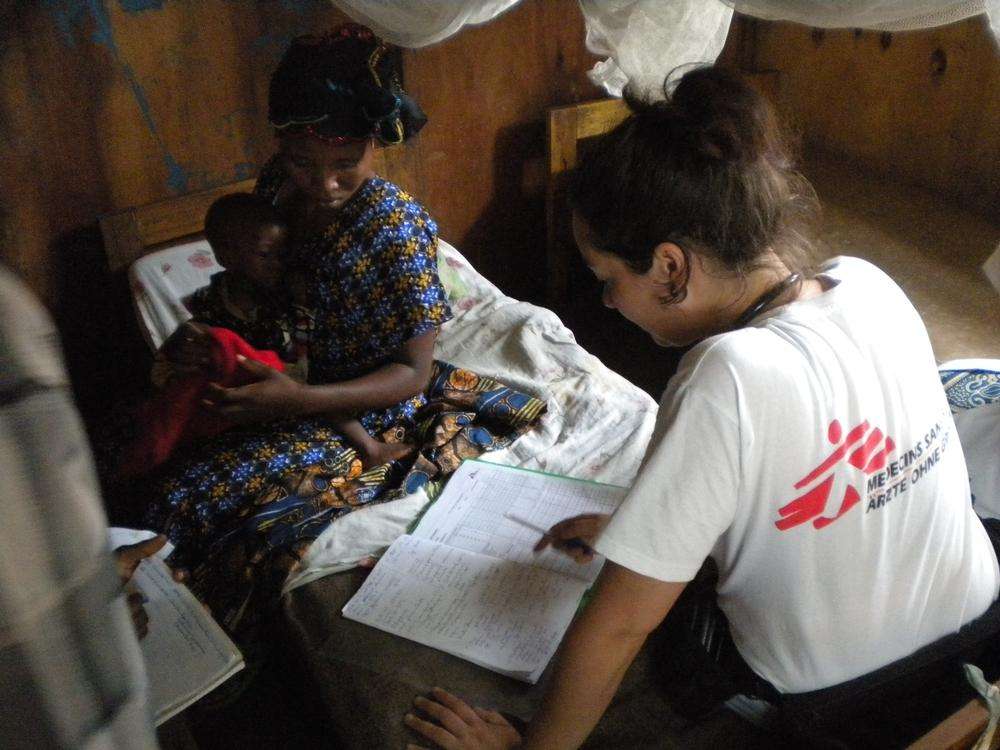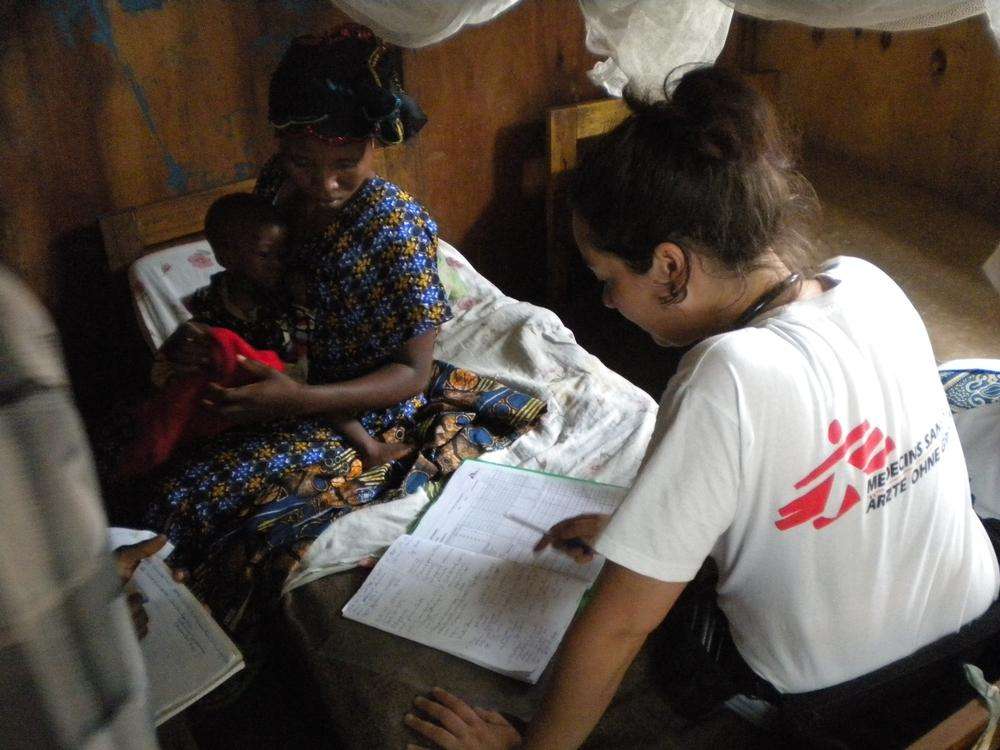Today Doctors Without Borders/Médecins Sans Frontières (MSF) announces the closure of its project in Mweso, Masisi Territory, North Kivu Province, Democratic Republic of Congo (DRC), after armed actors attacked one of our convoys and abducted two of our staff members from December 15 to 16, 2015.
"We’ve been forced to make this painful decision because our staff cannot continue to work in a situation where they are targeted or attacked," says Annemarie Loof, MSF operational manager in Amsterdam. "After the incident, we were hopeful that we could resolve the situation, and asked everyone we know to work with us to ensure that everything that was taken from us during the incident was returned to MSF, and that we receive new security assurances from all actors present in the region. Unfortunately, despite all our efforts, these conditions have not been met."
Medical needs in the conflict-affected area remain urgent: last year, the project treated 176,791 patients. This includes 42,712 malaria patients (mainly children) and assistance to 6,274 mothers giving birth. In 2016, the project was intending to expand through additional outreach clinics south and east of Mweso.
"It hurts us deeply to know that many people will suffer as a result of this project closure," says Loof. "We sincerely wish that we could stay in Mweso. We condemn those responsible for the attack—it is they who bear the responsibility for causing the suffering of the population."
MSF’s commitment to its patients and to the community remains strong. The organization is currently working out the details of the closure process, which will include an immediate donation of drugs to local health structures to ensure that the needs of current patients are addressed, and provide buffer stocks until state structures can fill the gap left by MSF’s departure.
MSF has been operating free-of-charge hospitals and clinics for almost eight years in Mweso and for more than 30 years across DRC, where health indicators are among the lowest in the world. MSF’s other projects in North Kivu and the rest of DRC are expected to continue.





